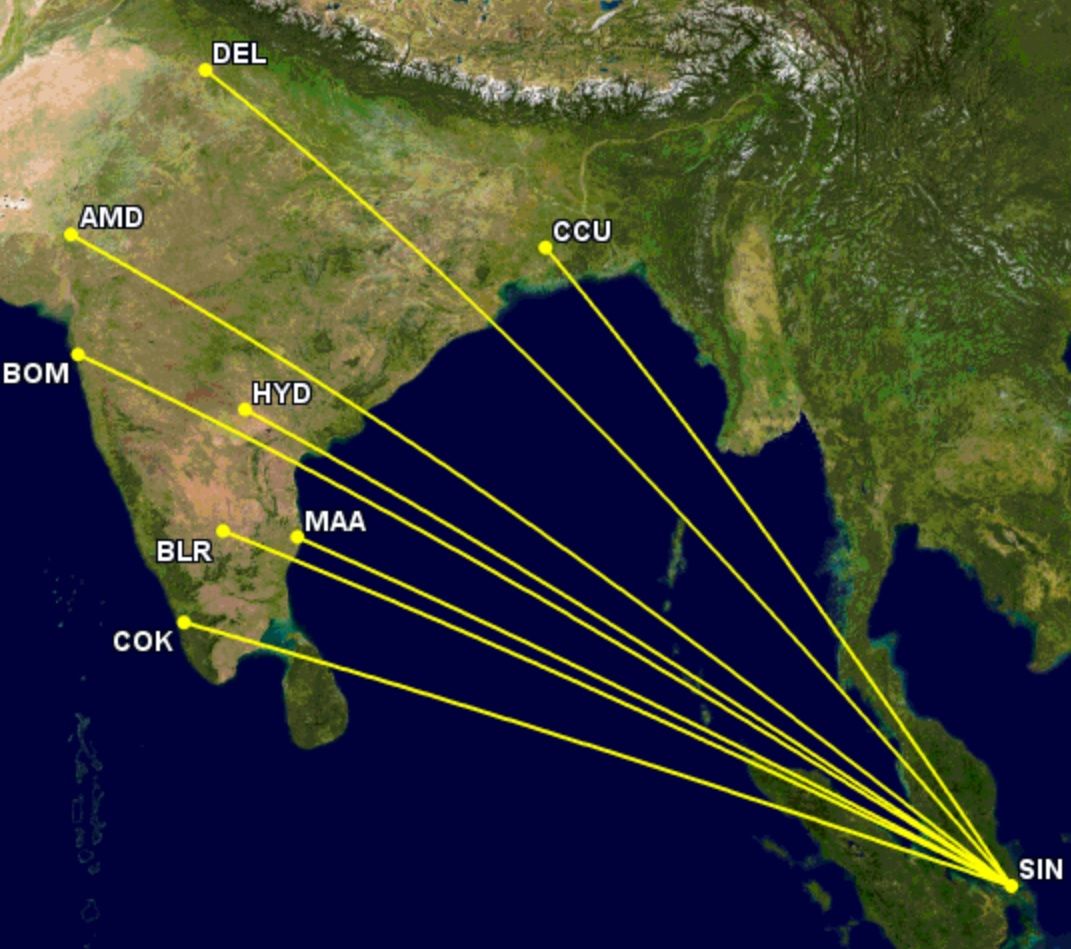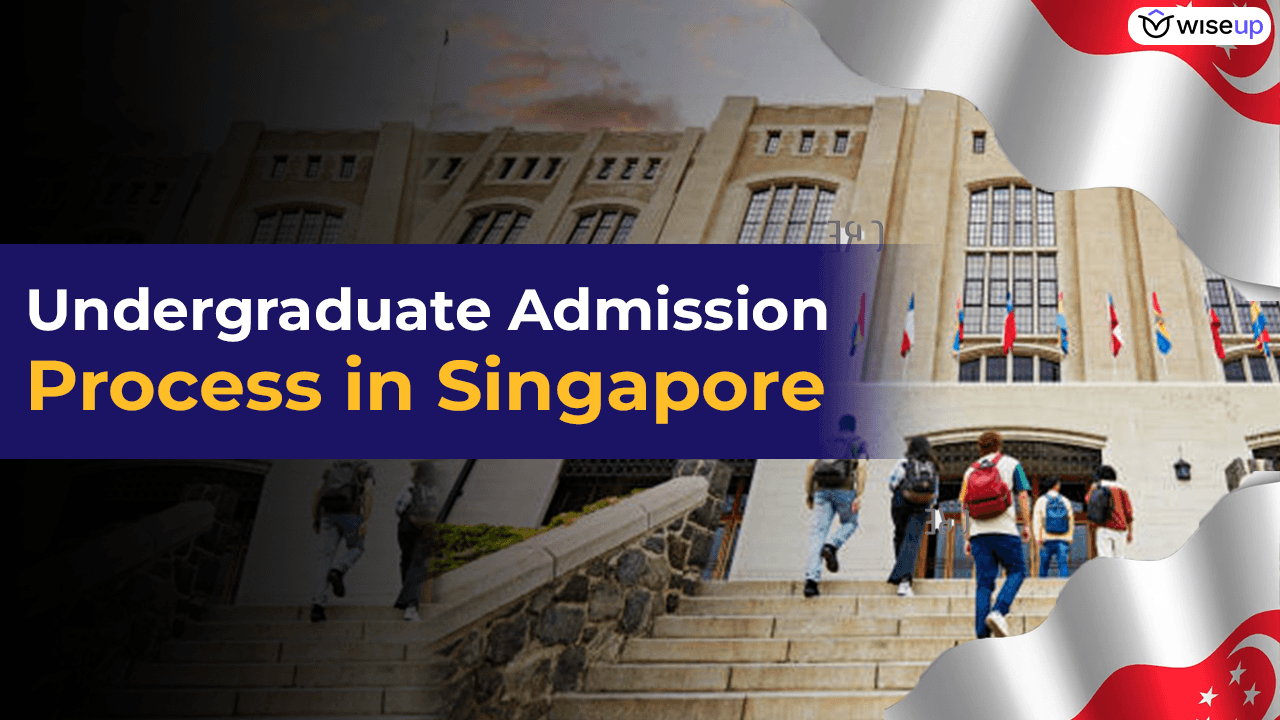Singapore has become one of the top destinations for higher education, especially for students looking to pursue a master’s degree. As an NTU Singapore graduate, I have experienced university life and also working in Singapore. In his blog, I will take you through my entire career journey. This would help if you are planning to pursue your masters in Singapore.
Why Choose Singapore for a Master’s?
When applying for a master’s program, students consider various factors such as university rankings, research opportunities, cost, and location. I had offers from NTU Singapore and Georgia Tech, but I ultimately chose NTU for the following reasons:
Top Global Ranking: NTU’s material science department ranked #2 worldwide (as per QS World University Rankings and US News, 2024)
Relevant Research Opportunities: The research topic I wanted to explore was more aligned with NTU’s offerings than Georgia Tech’s.
Proximity to India: With Singapore just a four-hour flight away, it was a more convenient choice for family visits.

Application Process & Exams
To ensure I could apply to universities in Singapore and the US, I followed the following strategy:
Exams Taken: I took the GRE and TOEFL, which were accepted by both NTU and U.S. universities.
Applying to the right universities: I applied to 10 universities, strategically selecting institutions from ‘safe,’ ‘good,’ and ‘ambitious’ categories.
To know more about how I shortlisted universities, check out the video below:
Making use of Scholarship Opportunities: Unlike undergraduate programs that offer a six-year work bond, master’s students in Singapore usually don’t receive scholarships.
However, I opted for a Service Obligation Bond, reducing my tuition by 50% in exchange for working in Singapore for three years after graduation.
To know more about the scholarship options, check out the video below:
Cost of Studying in Singapore
One of the significant advantages of studying in Singapore is its affordability compared to top universities in the U.S.:
NTU Fees: Approximately INR 5 lakh per semester, with a total cost of INR 15 lakh for three semesters (after applying the bond reduction).
Georgia Tech Fees: Required a bank balance of INR 30 lakh as proof of funds, making NTU the more cost-effective option.
To know more about this aspect, you can check out my video below:
Part-Time Jobs & Living Expenses
Despite being one of the most expensive cities, Singapore offers numerous part-time job opportunities to help students manage living costs:
Tuition Teaching: Many students work as private tutors, teaching school-level math and science.
Supermarket Jobs: Working at stores like Giant or Prime can earn students around SGD 10 per hour.
On-Campus Work: I worked as a communication coach, earning SGD 18 per hour, which helped me take care of my living expenses.
Accommodation: NTU provides subsidized on-campus housing, making it cheaper than off-campus options. Rent on campus was around SGD 400 per month, with an additional SGD 300-400 for food and other expenses.
Know about my part-time job experience in the below video:
Career Opportunities After a Master’s in Singapore
Many international students worry about job prospects after graduation. Here’s what I experienced:
Lesser Competition in Chemical Engineering: Unlike computer science and electrical engineering, material science had fewer Indian students, making job competition less intense.
World-Class Research Facilities: The infrastructure and faculty at NTU were top-notch, offering students exposure to cutting-edge research.
Landing a Job at ExxonMobil: I could secure a job at ExxonMobil, a Fortune 500 company. I feel that strong communication skills played a critical role in this process.
To know more about my interview experience, check out the video below:
Studying in Singapore can be a fantastic experience, offering world-class education, affordable tuition, and excellent job opportunities. However, making the most of this opportunity requires careful planning—from selecting the right university to securing part-time jobs and honing essential skills like communication.



